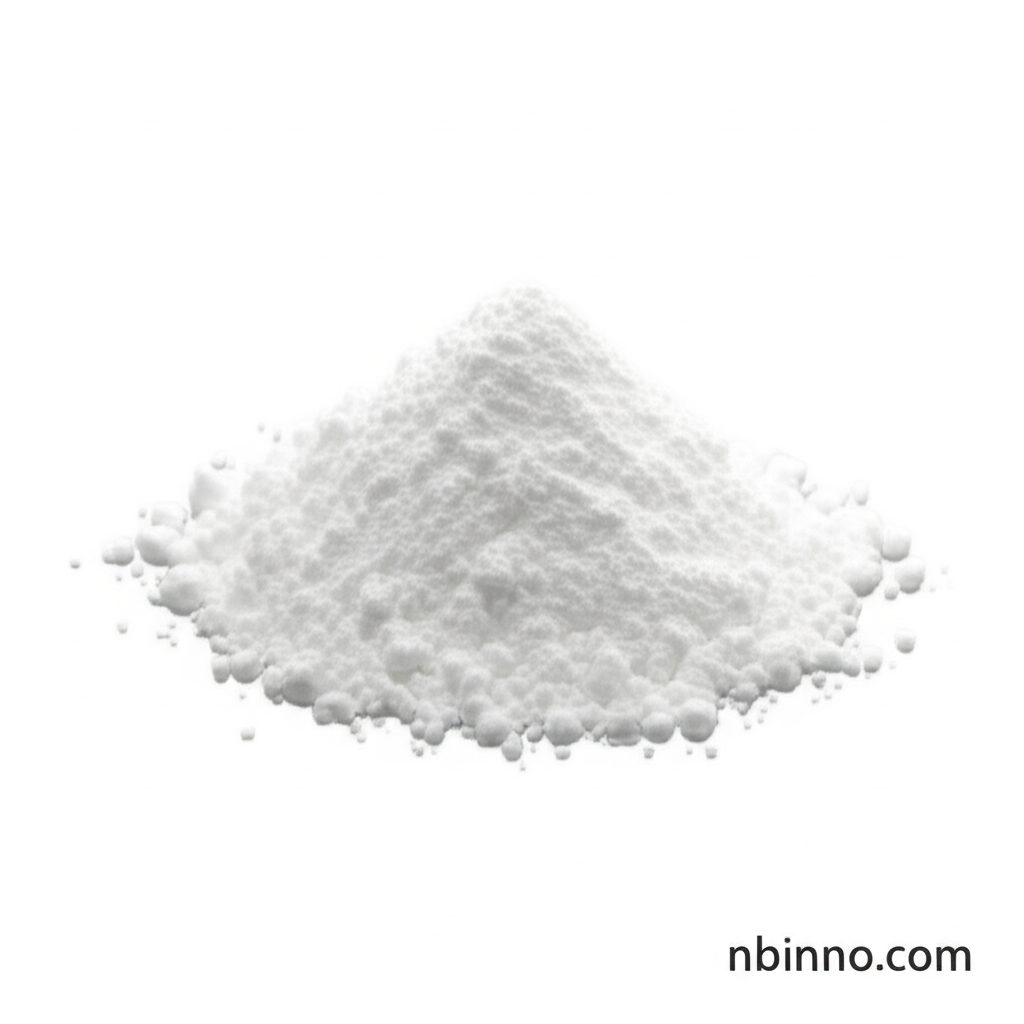Prilocaine: A Vital Pharmaceutical Intermediate for Anesthesia and Research
Discover the comprehensive profile of Prilocaine, a key local anesthetic intermediate, detailing its synthesis, applications, and critical properties for pharmaceutical development and scientific inquiry.
Get a Quote & SampleProduct Core Value

Prilocaine
Prilocaine is a highly valued amino amide type local anesthetic, crucial for various medical and dental applications. As a reliable supplier in China, we provide high-purity Prilocaine powder, essential for pharmaceutical formulations and advanced research. Our commitment ensures consistent quality for your critical needs.
- Understanding Local Anesthetic Mechanisms: Prilocaine's interaction with sodium channels provides insights into anesthetic action, supporting pharmaceutical research into improved pain management solutions.
- Development of Topical Anesthetics: As a key ingredient in EMLA cream, Prilocaine is vital for developing effective topical anesthetics for minor procedures, contributing to patient comfort.
- Intravenous Regional Anesthesia (IVRA): Due to its low cardiac toxicity, Prilocaine is frequently used in IVRA, making it a sought-after compound for inpatient and outpatient surgical procedures.
- Pharmaceutical Intermediate Sourcing: We offer Prilocaine as a high-quality pharmaceutical intermediate, enabling efficient synthesis and development of anesthetic drugs, supporting your drug discovery pipelines.
Advantages of Using Prilocaine
Low Toxicity Profile
Compared to some other local anesthetics, Prilocaine exhibits lower cardiac toxicity, making it a safer choice for certain medical applications and contributing to its utility in intravenous regional anesthesia.
Versatile Applications
From dental procedures to topical numbing creams and regional anesthesia, Prilocaine demonstrates remarkable versatility across numerous medical and research settings.
High Purity and Quality
As a trusted manufacturer and supplier, we ensure that our Prilocaine powder meets stringent purity standards (>99%), crucial for reliable pharmaceutical development and research outcomes.
Key Applications
Local Anesthesia
Prilocaine is widely used for infiltration anesthesia and nerve blocks, particularly in dentistry, providing targeted pain relief during procedures.
Topical Preparations
Its combination with lidocaine in creams like EMLA is common for dermal anesthesia, numbing the skin before injections or minor dermatological treatments.
Intravenous Regional Anesthesia (IVRA)
The low cardiac toxicity profile makes Prilocaine a preferred agent for IVRA, enabling anesthesia for limb surgeries with minimal systemic effects.
Pharmaceutical Research
As a pharmaceutical intermediate, Prilocaine is essential for researchers developing new anesthetic formulations or studying the mechanisms of pain management and nerve impulse blocking.
